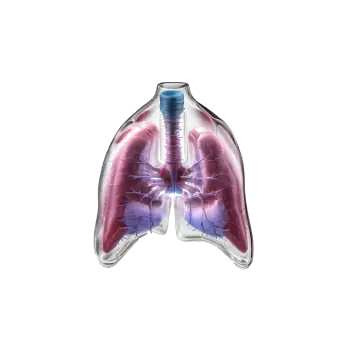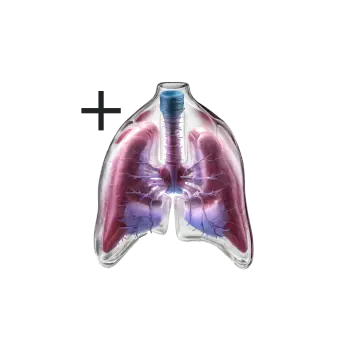Quick version
Postpartum thyroiditis is an inflammation of the thyroid gland that affects about 5-10% of all new mothers after pregnancy. It can lead to a temporary increase in thyroid hormones followed by a period of too low production.
Symptoms of thyroid issues after childbirth
Symptoms can include fatigue, weight gain, and depression, which can be confused with postpartum depression or common new baby stress.
The condition is believed to be due to immunological changes during and after pregnancy, with an increased risk in women with previous thyroid problems or autoimmune diseases.
Diagnosis and treatment
Diagnosis is made through blood tests measuring TSH, T3, and T4. Treatment may include medication to stabilize thyroid hormone levels.
It's important to discuss symptoms of thyroid disorder and depression with healthcare providers for the right help and treatment.
Postpartum thyroiditis is a form of thyroiditis, also known as thyroid inflammation, that can occur after pregnancy and affects about 5 to 10 percent of all new mothers. This condition is characterized by inflammation of the thyroid and can lead to a temporary increase in thyroid hormones in the blood (thyrotoxicosis), followed by a period where too little thyroid hormone is produced (hypothyroidism).
Symptoms of thyroid problems after childbirth
The symptoms of hypothyroidism may include fatigue, weight gain, concentration difficulties, dry skin, hair loss, and depression. Since these symptoms can resemble those of postpartum depression or the common challenges of caring for a newborn, it can be difficult to directly identify the problem as related to the thyroid.
The exact cause of postpartum thyroiditis is not fully understood, but it is believed to be related to the immunological changes that occur during and after pregnancy. Women with a history of thyroid problems or other autoimmune diseases are at greater risk of developing the condition.
Blood tests can reveal thyroid imbalance
The diagnosis of postpartum thyroiditis is usually based on symptoms and blood tests that measure the levels of thyroid-stimulating hormone (TSH) and other thyroid hormones such as T3 and T4. Treatment may include medication to normalize thyroid hormone levels, depending on whether the woman is experiencing the hyper- or hypothyroid phase of the condition.
If you are experiencing symptoms of thyroid disorder and depression, it's important to discuss these with your midwife or doctor to get help. If you are suffering from a thyroid disorder, treatment can alleviate and improve symptoms, including those affecting your mood and well-being.

























